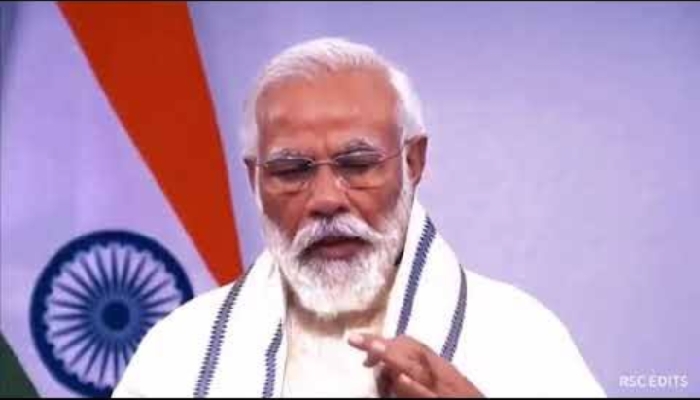New Delhi, Dec 5: Delhi Deputy Chief Minister Manish Sisodia has said a university should come up at the site of the disputed Babri Masjid-Ram Janmabhoomi site in Ayodhya in Uttar Pradesh. He emphasised that ‘Ram Rajya’ can be ushered through education and not by constructing a grand temple.
“My stand is that with a consensus from both sides (Hindus and Muslims), let’s build a good university at that place,” Sisodia said in an interview with NDTV that was aired on Sunday. “Hindu, Muslim, Christian, Indian, foreigner — students from all communities may attend that university and from there should spring Lord Ram’s ideals. Ram Rajya would come if we teach our children and not by building a mandir,” Sisodia said when asked what was the Aam Aadmi Party’s (AAP) stand on Ram Mandir debate.
Asked about the current wave of caste politics in Indian politics, Sisodia, who is also Delhi’s Education Minister, said that the only way to end it was through education. “When I was at Japan University, the people there were talking about a new concept of running cars with hydrogen and on the same day on Twitter we were debating about Lord Hanuman’s caste. It is really unfortunate but the only way to move forward is by education,” he said.
Without taking any particular name, Sisodia slammed the political parties of spreading casteism at university levels “by appointing Vice Chancellors subscribing to Hindutva who try to impose it on the students”. “On one hand, you talk about ‘Digital India’ but your actions resemble that of Vijay Mallya,” Sisodia said.
Talking about the Lok Sabha elections due next year, Sisodia said the AAP government would be focusing on all the seven Lok Sabha seats in Delhi. “We will also keep our focus on Punjab and Haryana for the 2019 elections,” he said.
When asked whether Delhi Police should be with the state government, Sisodia remarked that even if his government plans to take an action, it never gets implemented on the ground level because of different governments controlling different authorities in Delhi. “Delhi Police need to be under the Delhi government,” he said. He also said the previous Sheila Dikshit-led government “didn’t do any work” in Delhi. “If her government had done anything, we wouldn’t have to struggle like this to get work done,” he said.






Comments
Dear Fairman,
Please don't convert an unfair activity of demolishing Babri Masjid as fair. It is a cowardly act of safeguarding democracy. Tomorrow another praying place will be demolished in the guise of similar reason and you keep on constructing hospitals?
Well said,
Very Very Well said, as the same was suggested by many in the past.
Such a contraversials definitely devide the nation. Animity can spike without bounds and borders.
- Yesterday there was Masjid.
- Today someone destroying it telling Baber had destroyed the Masjid and built temple.
- Tomorrow when Muslims become stronger, they might distroy the Mandir and build Masjid.
Our future children will die, suffer. We dont want to repeat again as what haened;
The God does not want to spill the blood for Masjid or Mandir.
Let us make our future generation live in peace than today we do.
God bless India.
Add new comment